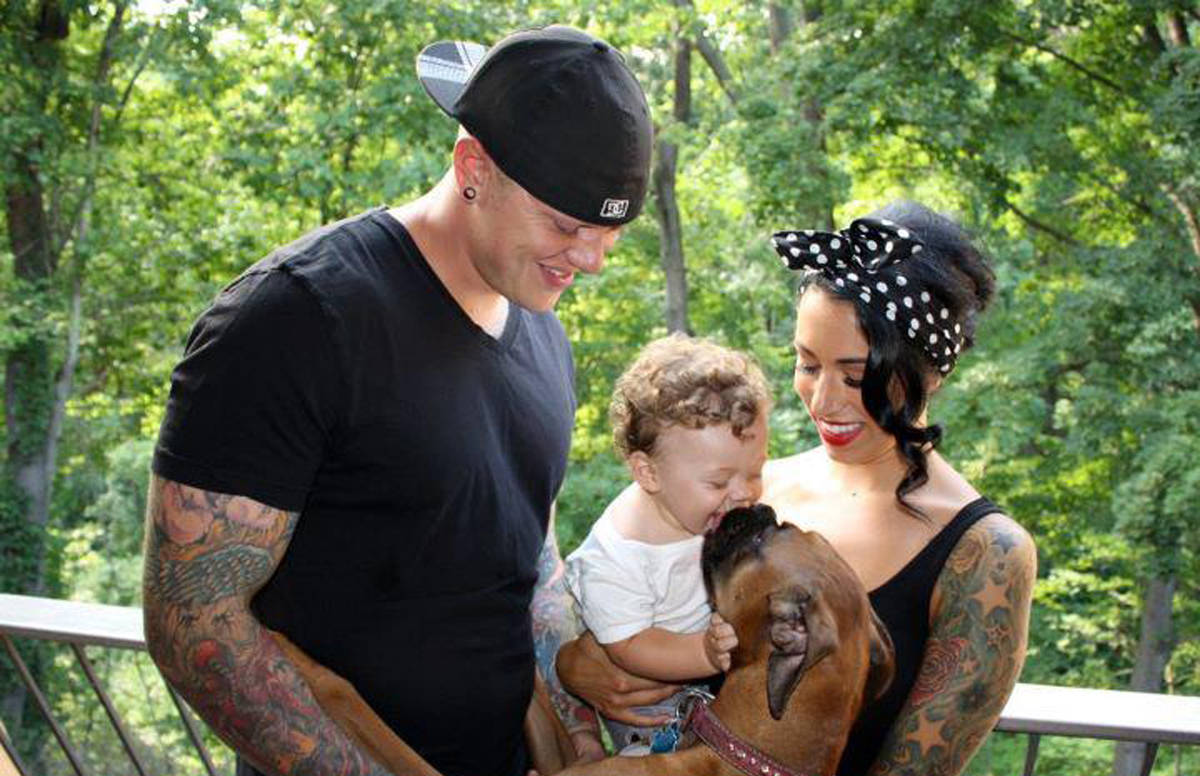
Any new marriage has its hurdles. But when newlyweds also bring children from previous marriages, they face the additional challenge of managing a blended family and trying to balance the needs of the relationship with the needs of the kids. It’s rarely as easy as “The Brady Bunch” made it seem.
“Too frequently, partners imagine that because they love each other, their children will jump on board and will also love this new partner as a stepparent,” says Dr. Anne Brennan Malec, a clinical psychologist and marriage and family therapist. “In reality, children are often confused and have contradictory emotions about the new family setup.”
Frustration can set in when the union fails to create instant family unity, but Malec says to try to manage that frustration. Everyone needs time to adjust, and it’s up to the new couple to develop strategies for making this blended family work.
 For starters, Malec says each parent should be responsible for managing his or her children’s schedules, providing discipline, and communicating with the ex-partner about any parenting issues.
For starters, Malec says each parent should be responsible for managing his or her children’s schedules, providing discipline, and communicating with the ex-partner about any parenting issues.
“You should expect that it’s going to be a rocky ride, and you can be pleasantly surprised if it’s not,” Malec says. “Remember, the kids did not get a vote in this, and they very well may dislike the stepparent or stepsiblings.”
However, as with many things in life, patience mixed with a trial-and-error approach can get you where you need to be. Malec offers a few tips for easing the difficulties of managing a blended family, if not eliminating all the pain.
Manage expectations
Malec says that when creating a blended family, managing your expectations will decrease the odds of being disappointed. Discuss your ideas for how the transition will go, and set a reasonable bar for how you, your spouse, the children and any former spouses will respond to the new arrangement. Plan for a slow transition into this “new normal.”
Keep communications with former spouses cordial
Some relationships with ex-spouses run more smoothly than others. Ideally, former spouses would communicate respectfully and keep in mind the best interests of the children. That doesn’t always happen, though. If an ex-spouse gets under your skin too much, you might try self-soothing techniques such as meditating, exercising, taking a walk, or journaling. You may also want to consider seeing a therapist.
“It will benefit your current relationship if you can minimize the conflict with a former partner,” Malec says.
Nurture your romance
With so many challenges balancing parental and relational responsibilities, you will need to give extra effort to setting aside kid-free time.
“Making time for just the two of you is critical to the success of your relationship,” Malec says. “Without proper attention, the new relationship can drop down the priority list as you get caught up in smoothing the transition for the children, creating a blended home and growing comfortable with your role as stepparent.”
Malec says to make it a point to prioritize dates, whether over coffee, lunch, dinner, or during a walk together.
 Malec says that forming a blended family is a long-term process.
Malec says that forming a blended family is a long-term process.
“It is reasonable to expect some pushback from children, who had no voice in your choice to marry,” Malec says. “Be patient and try to see it through their eyes. Knowing in advance that it is likely to be tough and keeping your expectations dialed down goes a long way toward making sure your relationship doesn’t fall apart under the stress.”
Dr. Anne Brennan Malec is the founder and managing partner of Symmetry Counseling, a group counseling, coaching and psychotherapy practice in Chicago. She also is author of “Marriage in the Modern Life: Why It Works, When It Works.” Malec earned her bachelor’s degree in accountancy from Villanova University and holds master’s degrees in liberal studies from DePaul University and in marital and family therapy from Northwestern University. Malec earned her doctoral degree in clinical psychology from the Chicago School of Professional Psychology.



